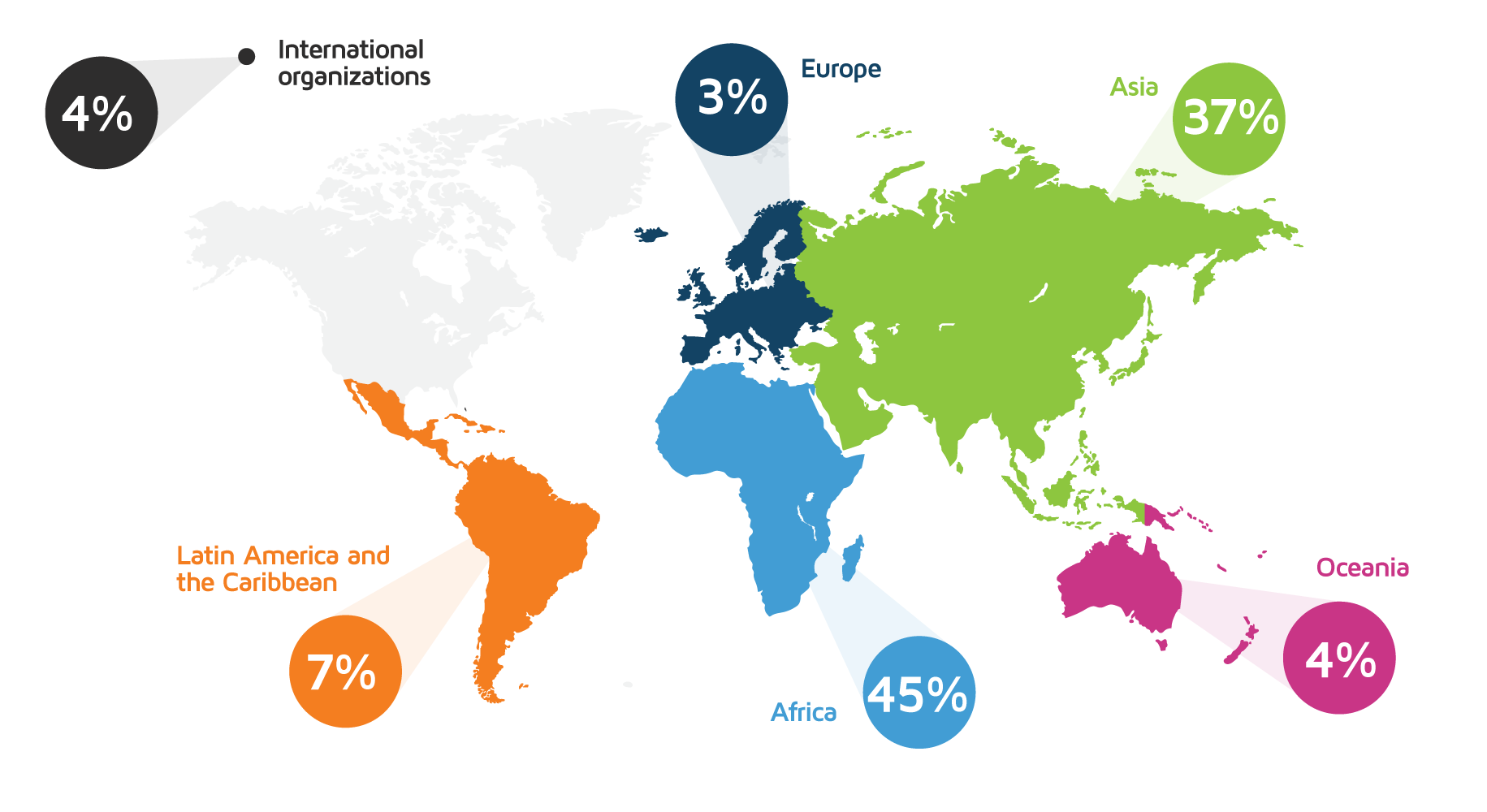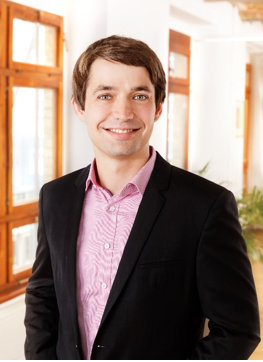China’s role and influence over the donor-funded development landscape has increased significantly since the 1980s with the country evolving from being a “recipient” to becoming a “major provider” of foreign aid. Its approach towards the mechanisms and decision-making processes of providing foreign assistance remains opaque, raising considerable interest and debate across the sector. Some experts see China’s external aid as a fundamental tool of its foreign policy as it is driven by specific political and commercial goals.
Interestingly, China does not consider itself as a donor country, but rather a developing country and a provider of South-South Cooperation. However, multiple uncertainties persist over Chinese aid commitments, and to address those blind spots, DevelopmentAid will host a webinar with leading Donortracker.org experts shedding light over the Celestial Empire’s foreign aid approach.
Framing a donor profile
China’s methods and measurements of providing foreign aid differ in many aspects from the conceptual and methodological standards of Official Development Assistance (ODA) set by the Organization for Economic Co-operation and Development (OECD). Take, as an example, the fact that China includes military assistance within the framework of foreign aid yet excludes donor-related administrative costs. Moreover, China labels itself as the largest developing country and as such it sees foreign aid as a form of mutual assistance between developing countries. It does make contributions towards multilateral organizations such as the World Bank (WB), the International Monetary Fund (IMF), and United Nations (UN) agencies but at much lower rates when compared to the levels of bilateral assistance.
It is estimated that in 2019, China contributed US$1.8 billion or 30% of its ODA-like flows towards multilateral organizations while the projections for 2020 predicted a fall in those contributions to US$1.2 billion or 23% of ODA-like flows. In an effort to reform and optimize its model of providing development aid, China had established the China International Development Cooperation Agency (CIDCA), the formation of which is also considered an important step to enable the Chinese government to improve the coordination between institutions at the national level and increase its legitimacy as a provider of foreign aid at the global level.
Recent trends in China’s development assistance
The largest share of Chinese foreign aid is accounted for by bilateral relationships with little or no involvement of actors from civil society and it generally takes the form of concessional loans, grants, and interest-free loans. Nonetheless, China’s development finance goes beyond the traditional framework of aid as it can also include export buyers’ credits, complete projects, goods, and materials or technical cooperation. According to the latest data, between 2013 and 2018 China had allocated around US$42 billion towards international development assistance, or US$7 billion per year on average. Around 49% of those funds took the shape of concessional loans, 47% were labeled as grants and 4% were interest-free loans.

With regards to the geographical focus, approximately 45% of the funds allocated between 2013 and 2018 were directed towards the African continent, 37% towards Asia, 7% to Latin America and the Caribbean, 4% was allocated to both international organizations and Oceania and 3% to Europe. It is also worth mentioning that China is the largest bilateral lender for public sector loans across the African continent. Due to a lack of transparency, there is no or little information as to which African countries accessed these funds and the exact specifics of the lending. However, based on the database managed by the China-Africa Research Initiative at the Johns Hopkins School of Advanced and International Studies (SAIS-CARI), it is estimated that between 2000 and 2019, Chinese financiers signed 1,141 loan commitments worth US$153 billion with African governments and their state-owned enterprises.
Discovering China – Invitation to a Webinar
DevelopmentAid is inviting you to attend an exciting webinar on “China’s role in international development – key financing trends” that will take place on 15 July 2021 at 4 pm (Brussels Time)/10 am (Washington DC Time).
The speakers at the event, Raimund Zühr, Head of Donortracker.org, and Zoe Johnson, Head of Content and Communication at Donor Tracker will present an analysis of China’s funding and policy for international development cooperation. During the webinar, it will be possible to learn about the aspects and trends related to China’s activity within the international development sector. The two speakers bring ample expertise on comparative analysis of donor financing and policies for international development. Read their latest report on “Trends in China’s financing for international development cooperation” which offers a comprehensive overview of China as a provider of international development finance.
The webinar will be hosted by Sergiu Casu, our Director of Business Development, and by Ion Ilasco, our internal researcher who is responsible for External Relations & Events.

Ms. Zoe Johnson is the Donor Tracker Policy and Editorial Lead at SEEK Development, the team behind the Donor Tracker. Zoe has a background in international development, sectoral expertise on gender equality, nutrition, and agriculture, and editorial experience in academic publishing. Zoe is a graduate of the MPhil in Development Studies at the University of Oxford.

Mr. Raimund Zühr is the Donor Tracker Project Manager. Raimund has ample expertise in comparative analysis of donor financing and policies for international development. Before joining SEEK Development, Raimund worked for the Latin American Department of the German Agency for International Cooperation (GIZ) in Frankfurt and in the Africa Department of the Spanish Agency for International Development Cooperation in Madrid (AECID). Raimund holds a Master of International Relations and African Studies from the Universidad Autónoma in Madrid.



